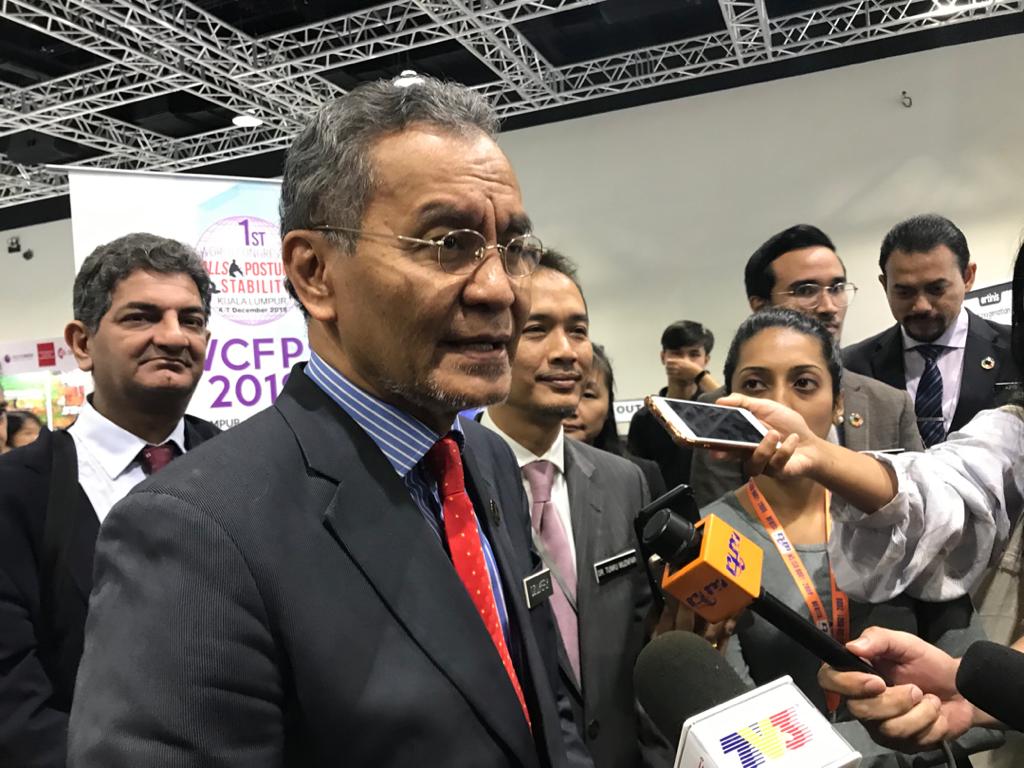KUALA LUMPUR, Dec 4 — More needs to be done to prevent falls among the elderly, the second leading cause of accidental or unintentional injury deaths worldwide, Dzulkefly Ahmad said today.
Speaking at the First World Congress on Falls and Postural Stability 2019 here, the health minister said findings on falls prevention and postural stability have been translated into policy within the country’s health care system.
“We must not rest on our laurels though,” he said. “There is still much to do.”
One in six Malaysians aged 60 years and above fell at least once in the past 12 months, according to a nationwide survey of 3,000 individuals that was cited in the National Health and Morbidity Survey for the Health of Older Persons 2018.
Meanwhile, about 70 per cent of falls that occur at Ministry of Health (MOH) hospitals involves those aged 60 years and above. A total of 45 per cent of medical admissions at MOH hospitals, incidentally, comes from the same age group.
“Malaysia, in the not too distant future, will reach an ageing nation status where 15 per cent of our population will be 60 years of age — the age group with the highest incidence of falls,” Dzulkefly said.
“Hence, an urgency in our falls prevention efforts.
“One of the key areas we must begin to look into is risk assessments for falls,” he said. “Risk assessments must be emphasised for those aged 60 years and above.”
Dzulkefly added that interdisciplinary engagement and cooperation in all areas, not just within the health care system, as well as inter-agency dialogue, are needed to have safer environments.
“Increased cooperation between specialists, primary care physicians, physiotherapists, occupational therapists and allied health professionals will be key to better outcomes,” he said.
Dzulkefly also warned of the risk of side effects from medications associated with falling prevention.
“We should also not ignore the value of physical exercise in our preventive care approach,” he added. “Loss of strength is a major issue in older persons and can lead to more falls.”
“Not every answer should be in the form of a pill.”
Dzulkefly also shared how both his parents-in-law, who have since passed away, fell regularly, towards the end of their lives. He said that their regular falls were indicative of the deterioration of their quality of life.
He said this is why he personally finds falls prevention something that needs to be looked into seriously by MOH.
He added that the government knows that if it fails to deliver on critical social, economic and political imperatives, it will be “shown the door” in the next general election, and knows that these are things it will not sideline.
Meanwhile, Dzulkefly said he was encouraged that more developers are becoming aware of and taking a keen interest in the needs of older citizens by building age-friendly homes.








